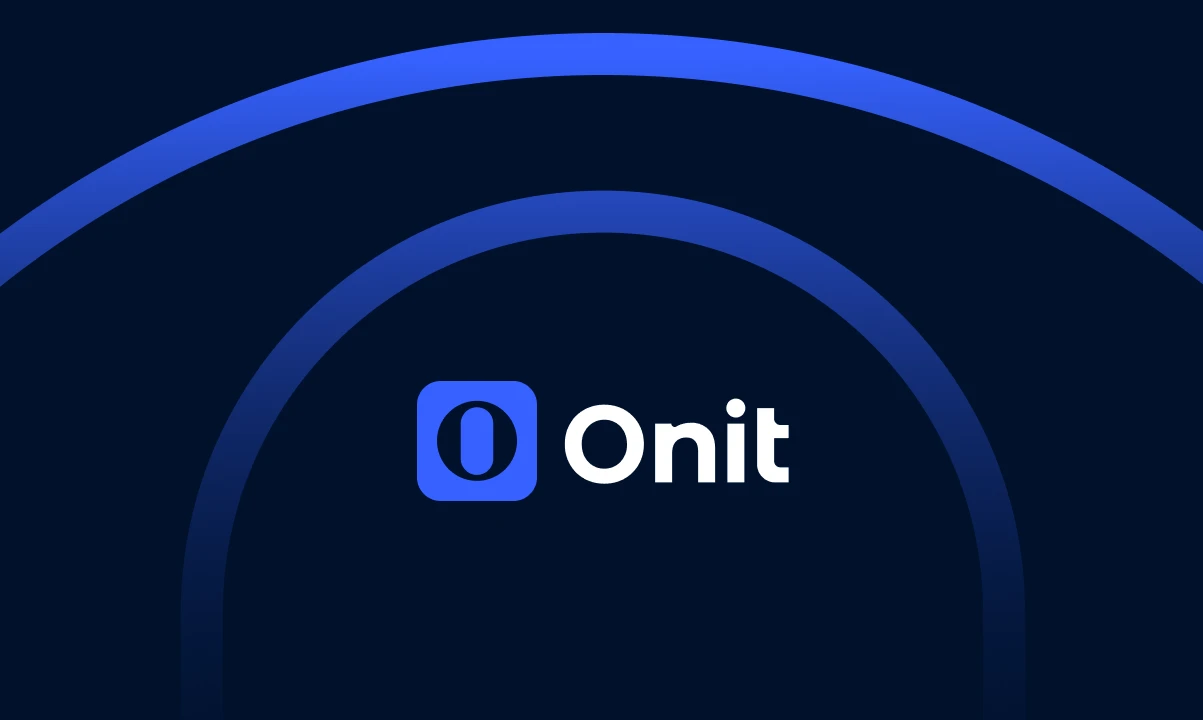Legal AI software has commanded the attention of corporate legal departments worldwide, thanks to its ability to offload manual work, increase efficiency and provide more insight into day-to-day tasks and strategic endeavors. As a result, more and more corporate legal departments are investing in AI and starting to discover its benefits.
By now, in-house counsel have been inundated with countless claims about how AI can increase productivity and efficiency, cut costs and boost revenues, and generally make work better. But, if you’re anything like us, numbers matter. They go beyond hyperbole and illustrate how effective legal AI software can be.
Here are data points to illustrate the difference AI is making across other businesses – and especially in the legal sector.
The Overall Use of AI
In November 2020, McKinsey & Company released a comprehensive report on The State of AI in 2020, and the results showed a commitment to AI across industries. Half of the 2,400 participants responding to the survey indicated that their organizations had adopted AI for at least one internal function or business unit. Not surprisingly, businesses in the telecom and other hi-tech sectors reported the highest rates of AI adoption.
As for the business functions seeing the most AI traction, service operations, product and service development, and marketing and sales topped the list. Over two-thirds of the respondents who said they incorporated AI into these functions also credited that adoption for increasing revenues.
Notably, 22% of the respondents said that they could attribute over 5% of their enterprise’s earnings before interest and taxes (EBIT) to the use of AI. An additional 48% attributed at least some EBIT to using AI.
Legal AI Software Numbers
The overall enterprise-wide benefits of AI seen in organizations worldwide are certainly playing out in the legal arena. AI has now been applied to many routine but critical functions in the legal sector, with impressive results.
Contract Lifecycle Management (CLM)
Contracts are one of the largest areas where legal organizations can benefit from AI.
According to Gartner, by 2023, legal AI software will bring 30% more efficiency to organizations that deploy CLM solutions, with 90% of multinational global enterprises and 50% of regional midsize organizations investing in CLM solutions by that year.
Onit has discovered comparable results with its own CLM solution (which is powered by business process automation and AI-powered business intelligence platforms), finding that corporate legal departments can expect to see the following savings:
- A 24% reduction in the average sales cycle
- A 20% reduction in the average hours spent on contracts
- A 9% annual average cost savings
With legal AI software for contract review, data shows that in-house attorneys and legal operations professionals can expect to:
- Increase contract review and approval speed by 60-70%
- Improve user productivity by 51.5% on average
- Redline contracts in less than 2 minutes
Of course, contract lifecycle management doesn’t end when your contract is signed. Each signed contract contains valuable data that can be extracted to improve your contracting processes going forward and allow you to make better, more informed business decisions. AI for contract extraction can help corporate legal:
- Review 6,000 contracts at once
- View over 500 contract data points
- Export contract data in 5 seconds
Legal AI Software for Enterprise Legal Management (ELM)
AI performance extends beyond contracts to managing legal spend. For example, Onit’s ELM solution will help in-house counsel save 5-10% on outside counsel spend. Those savings increase when AI is applied to the first-pass invoice review. We’ll have more data illustrating this point coming soon with our upcoming announcement for InvoiceAI for enterprise legal management.
To learn more about how Onit’s AI solutions are changing the way legal professionals do business, contact us today or email [email protected].




